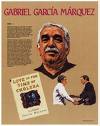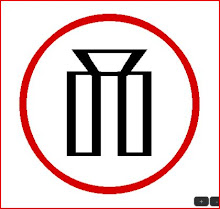Annotated Book Review by Stefan Radovanovic
CRY FREEDOM by John Briley
This story was created to show the world what life looked like in South Africa. While in the rest of the world black people were “black”, here they were still “colored” and forced to live in small and dirty houses in townships.
A proud, brave and energetic black leader, Steve Biko, is fighting against white men brutality and wants all the people in South Africa, black and white, to be equal and have the same rights. Donald Woods¹, a successful, friendly Englishman and editor of the “Daily Dispatch”, a famous newspaper there, tries to help Biko in his battle.
The story is mostly situated in East London in South Africa. It is a country well known by diamonds and gold but really poor when it comes to relationships between two societies.
That is what Biko and Donald are trying to change. Biko wants to show Donald all the suffering of his people and he takes him several times to Black Township, a few kilometers from the centre of the King William’s Town which is about 60 kilometers from East London. They also go to Zanempilo, where Biko has started a clinic only for black people, because they are not treated as they should be in other hospitals. But this is not easy as Biko is banned from leaving the old church in King William’s.
In order to help black people, Donald gives jobs to two Biko’s friends, but soon they are both imprisoned and one of them is beaten to death. The authorities try to break their friendship.
The situation gets more complicated and soon something happens to Biko and Donald has to fight alone. To make things worse, the police ban Donald and he must not leave South Africa nor print anything. He tries to escape from Africa in order to print some document but some unexpected things happen. Will he make it?
This book made me feel like I was right there with those people and realize what it was like. I think everyone should read this book and see the energy people can release when it comes to fighting for freedom, friends and family.



